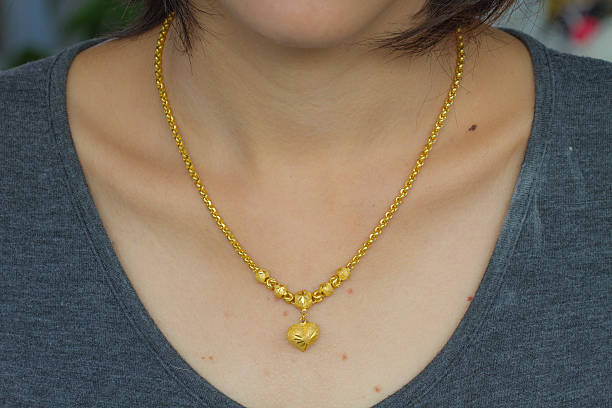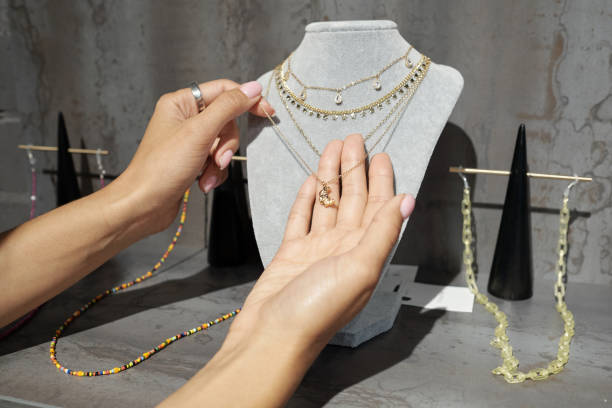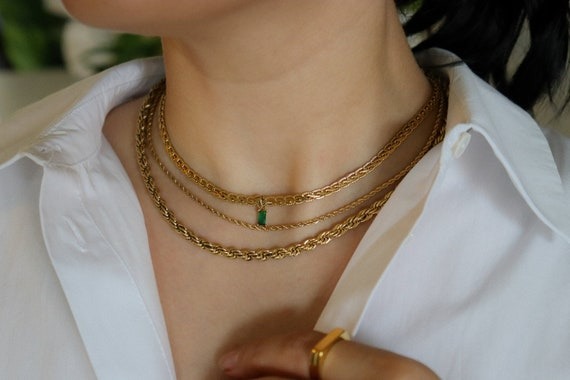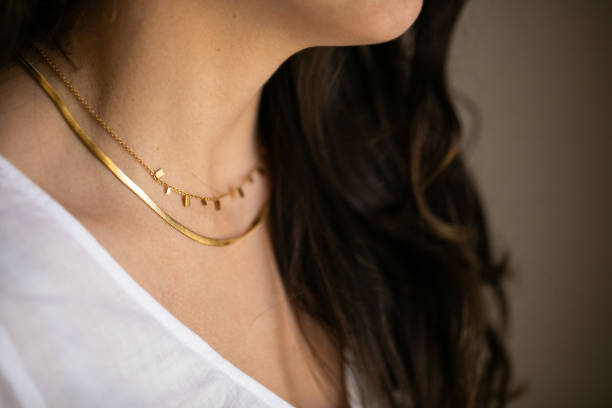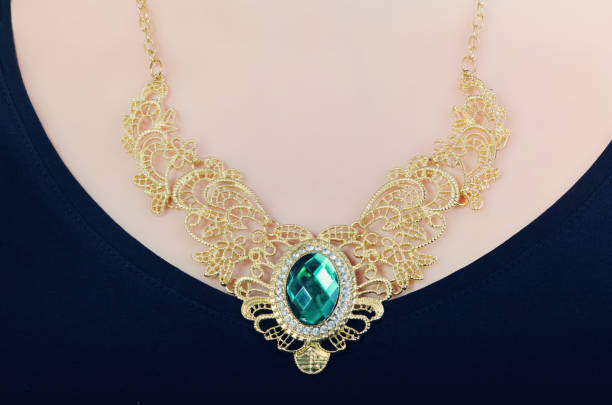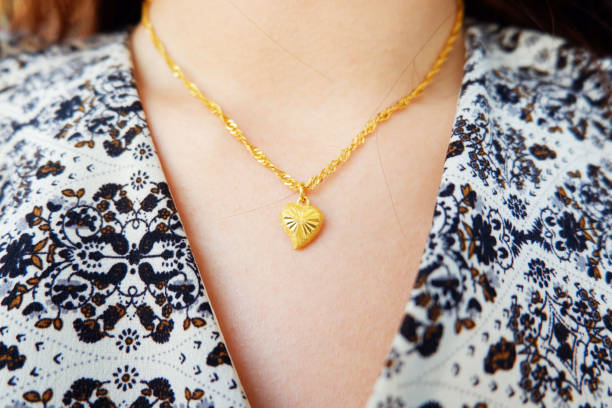18k Gold vs. 14k Gold: Which Should You Choose for Your Jewelry?
When you’re hunting for a perfect piece of jewelry like an 18k gold necklace womens, the choice between 18k and 14k gold often crops up. Both options have their pros and cons, making it a bit of a head-scratcher sometimes. So, let’s break it down and see which one might be the right fit for you.

18k Gold: The Luxurious Choice
First up, 18k gold. This type of gold is like the Rolls-Royce of jewelry metals. It’s made up of 75% pure gold, which gives it that rich, warm yellow color that’s almost akin to sunbeams trapped in a metal. If you want something that screams elegance and graciousness, this is your go-to.
However, it’s not all sunshine and rainbows with 18k gold. Pure gold is soft. So, while that high gold content makes your jewelry more valuable, it also makes it softer and more prone to scratches and dings. If you’re the sort of person who is not so keen on babying your jewelry, this might be a concern.
14k Gold: Balanced and Practical
Now, let s take a gander at 14k gold. This is a more pragmatic choice for everyday wear. It s made up of about 58.3% gold, with the rest being a mix of other metals like copper, silver, or zinc. This makes it harder and much more resilient to the bumps and scrapes of daily life.
While it may not have the intense golden hue of 18k, 14k gold still holds its own in the looks department. It has a slightly more subdued, earthy tone. But hey, some folks actually prefer that. You could say it’s the best of both worlds.
Price Points: Where Do You Stand?
Let s talk dollars and cents because, at the end of the day, your choice might come down to your wallet. 18k gold is definitely going to be pricier. It can set you back quite a bit more than 14k gold. If you re budget-conscious, 14k gold is probably the wiser choice. The trade-off is worth considering: you get something durable that won t break the bank.
Hypoallergenic Qualities: A Skin-Friendly Option
If you have sensitive skin, you might lean towards 18k gold. Because of its high gold content, it s less likely to cause allergic reactions. On the other hand, 14k gold has more alloy metals, which can sometimes be a cause of skin irritation for those with nickel or copper allergies.
Timeless vs. Trendy
18k gold often feels more timeless, a piece you might hand down as a family heirloom. Its bright golden glow never really goes out of fashion. Meanwhile, 14k gold fits more with contemporary styles. It s sturdy enough to be crafted into more complex or modern designs. So it depends on what kind of vibe you re going for classic and timeless, or modern and trendy.
Resale Value
Thinking ahead, the resale value of 18k gold tends to be higher. It s closer to pure gold, which retains its value well. If you re looking at your jewelry as an investment, 18k gold might be the better bet. 14k gold, while valuable, doesn t fetch as high a price if you ever decide to sell it.
Choosing Between 18k and 14k Gold for Your Necklace: A Detailed Guide
Finding the perfect necklace is tough especially when you’re torn between 18k and 14k gold. This decision hinges on a gamut of factors from aesthetics to practicality. Ever eyed an 18k gold necklace womens collection and wondered what sets it apart from its 14k counterpart? You’re not alone. Let s dive headfirst into this golden debate.
Price Tag: The Elephant in the Room
First off, 18k gold will make a more significant dent in your wallet. Why? Simple. It contains purer gold, about 75% to be precise. Contrast that with 14k gold, which is around 58.3% gold. You re paying for more of the precious yellow metal. So, if budget constraints are nipping at your heels, 14k might be your best bet. On the flip side, splurging a bit more on something you cherish isn t always a bad idea, right?
Durability: Which One s Tougher?
Ever heard the saying, All that glitters is not gold?” Well, in this context, it s partially true. When it comes to toughness, 14k gold steals the show. The extra alloy mix in 14k makes it more resistant to scratches and dents. So, if you’re a bit of a klutz or plan to wear your necklace daily, 14k gold is likely to hold up better over time. If you lean toward the luxurious 18k, you might have to be a tad more cautious.
The Color Conundrum
The shade difference between the two types is subtle but distinct. An 18k necklace often radiates a richer, more yellowish hue due to higher gold content. It’s like sunshine on a chain. On the other hand, 14k gold, with its mix of other metals, can appear slightly paler more like a soft, buttery gold. Which color appeals to you more? This factor is purely personal and sways from one person to the next.
Hypoallergenic Concerns
Got sensitive skin? Here s the scoop. The higher gold percentage in 18k means fewer other metals, reducing the chances of a skin reaction. If you re prone to allergies, 18k gold could be your best friend. Now, 14k isn t likely to cause issues for most people, but the slight increase in alloy metals might be troublesome for extremely sensitive skins.
Maintenance: High or Low?
Let s not beat around the bush 18k gold requires more TLC. Its softer nature means more frequent cleanings to keep it looking its best. Conversely, 14k gold is lower fuss; it can endure that careless throw into your gym bag with less worry. If you aren t up for regular pampering of your jewelry, 14k gold is a less demanding option.
Sentimental Value Versus Practicality
Imagine this: you re picking out a necklace for your wedding day. Sentiment swirls around every jewel you consider. You might lean towards the more expensive, purer 18k gold because, well, it s a special occasion. However, if this is an everyday piece destined to dangle around your neck on supermarket runs and girls nights, practicality might steer you towards 14k gold for its durability.
